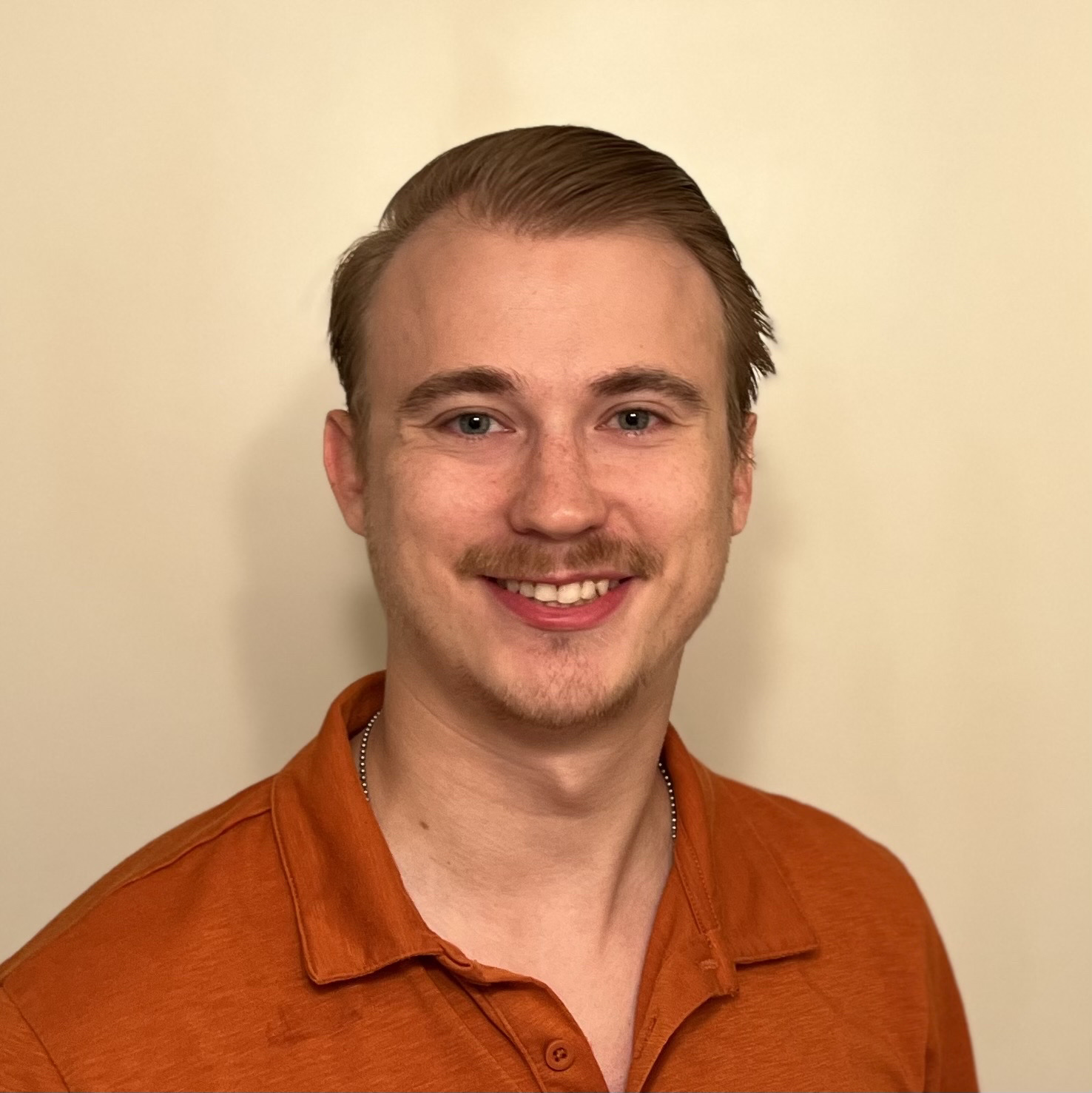This post was originally published on coreyscottnaas.wordpress.com on 28 April 2019.
90.9 WBUR: Visit Auschwitz For The Questions That Follow You Home
Having been to Auschwitz myself, I always read articles about it when they come up. I am absolutely in agreement that everyone, if given the chance, should visit Auschwitz at least once in their life. If not Auschwitz, then at least any Holocaust memorial or museum, because we’re getting to the point where we are losing the people who survived or lived through the Holocaust, and with it, the important stories and lessons they have to tell firsthand about one of the worst events in our history.
“What can I do each day now?” The answer to that question for me, personally, is to remember that the mass-extermination of the Jews in Europe did not start with concentration camps, or death camps, or even Kristallnacht. It started with a mindset. A mindset of hate. Hate starts out as a feeling, and that feeling feeds into action. And what I can do each day now is watch for the beginnings of hate in my community and on the internet and call it out, because hate doesn’t start out as what we might think of as hate, and sometimes it doesn’t even look it or sound like it. (in the case of the Holocaust, it can even be made to seem biblically sound. I wrote an entire paper which could be summed up as “How to Justify Nazism and the De-humanization of Jews: A Guide for Christian Germans”.) It’s easily disguised and easily excused away as something else, until it’s socially acceptable to bring out or until it’s too late to stop.
I believe it’s important to remember what evil truly looks like, because the truth is that evil does not always look like evil. Evil looks like you and I. Adolf Hitler was only a man, just like me. He was not uber-human or unter-human. He was not the devil, or a demon, or anything other than a normal human male. It’s important to not think people like him are outliers, or something different than us. Any of us and any among us are capable of committing or being complicit with the atrocities of Nazi Germany, because the truth is that the Nazis were only human, just like us. As the Santayana quote goes, “Those who cannot remember the past are condemned to repeat it,” because those who do not remember the past cannot identify the causes of the past and tell if and when the causes of the past are happening again in their time, and thus cannot take action to prevent it.
Last year, my school, Letourneau University, hosted an exhibit by the Yad Vashem (Israel’s memorial to the victims of the Holocaust) titled “Shoah: How Was It Humanly Possible?” The last part of the exhibit was simply a quote by Primo Levi, a survivor of Auschwitz, who said “It happened, therefore it can happen again. This is the core of what we have to say.” This is my answer to “Why Remember?”
“It is certain that most societies forget most of their history — and that all of us prefer to recall those stories that describe our virtue. But I believe it’s important not to allow Auschwitz and the other camps to fade from collective memory. Why? Because a visit leads a visitor inexorably to ask big questions: “How could anyone have done this?” “Why did no one stop them?” “What would I have done?” And then, perhaps the most personally uncomfortable one: “What can I do each day now?””
